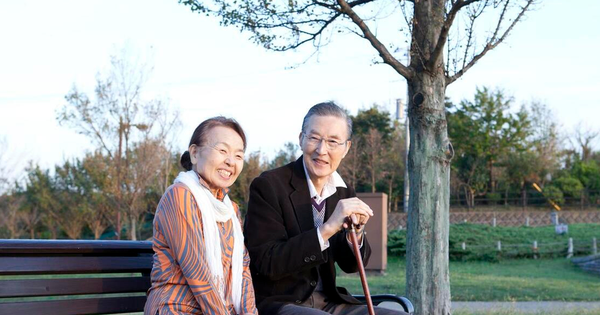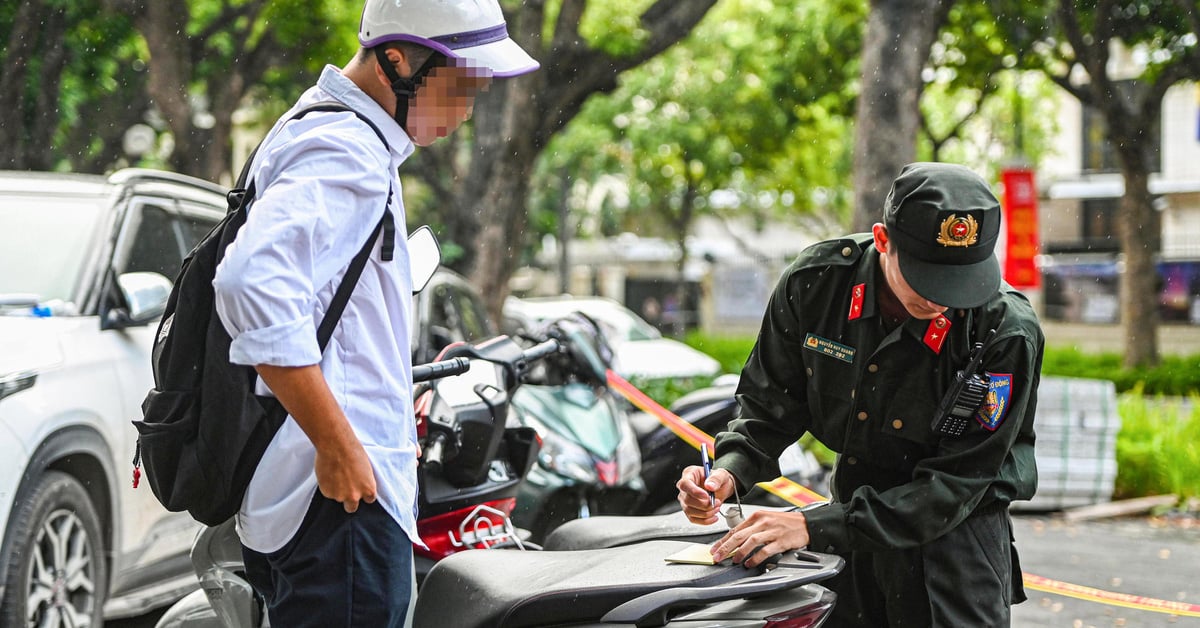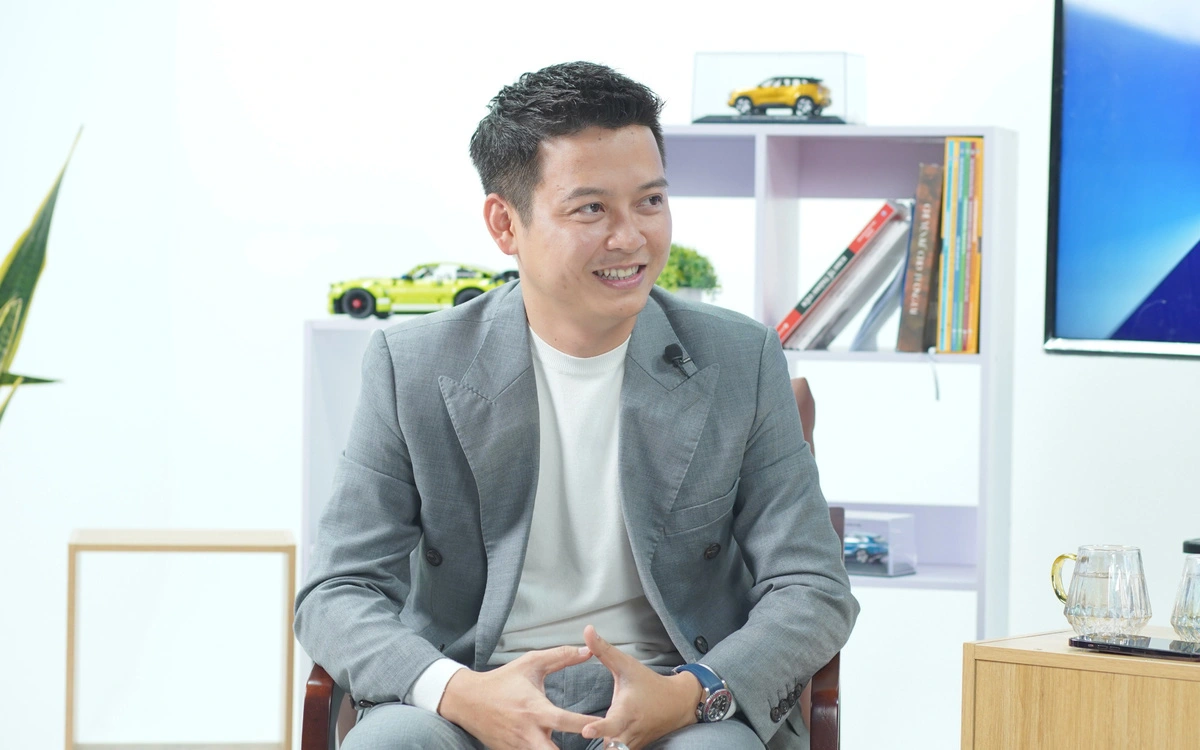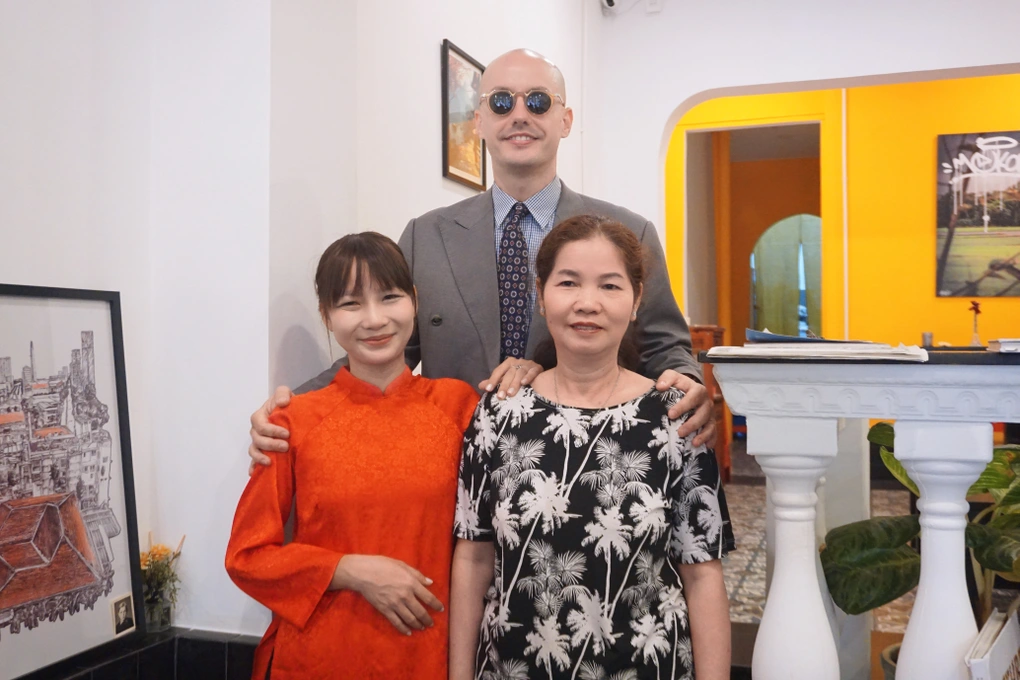Achieving a perfect IELTS score, at the beginning of 2025, two students Ha Dang Nhu Quynh and Tran Anh Khoa shared their study methods to conquer this extremely difficult score.

Ha Dang Nhu Quynh (left) and Tran Anh Khoa
Answering the question of which skill in IELTS is the most challenging for Vietnamese people, HA DANG NHU QUYNH said that it is speaking skill, because most people have few opportunities to practice (lack of people to practice with or no native speakers, people who are good at English correct mistakes so they don't know how to improve, where...).
TRAN ANH KHOA commented that besides speaking skills, Vietnamese people also face many challenges in writing skills. Writing an essay in IELTS has many differences from writing an essay in school, from the structure of the essay to the length, the way of developing ideas...
* Both of you completed the reading skills section in a very short time, what is your "secret"?
- Ha Dang Nhu Quynh : I did 3 reading passages in 20 minutes. I did not choose the traditional skim/scan method because it was risky. Instead, I focused on reading and understanding the passage deeply using the Linearthinking English method.
I apply the Simplification mindset to reduce the reading load, so even if the reading passage is long and confusing, I can still read it quickly and understand it. I apply the Read Connection mindset to see the main idea of the passage, and do well in questions like Matching Heading (choose the title of the passage) or Multiple Choice (multiple choice)...
The above method was developed by Mr. Le Dinh Luc, a senior of mine at the Gifted High School - Ho Chi Minh City National University, so it is very effective for Vietnamese people. He is a former student majoring in mathematics, so he analyzes and explains everything very logically, forming a method that not only helped him go from bad to good at English but also effectively for other subjects. Like me, I was originally a literature major, not an English major.
- Tran Anh Khoa : For the IELTS reading section, if we read each word carefully, it will take quite a bit of time unless we already have a solid foundation (wide vocabulary, have been used to reading English for many years). Therefore, I apply the same method as Ms. Nhu Quynh to be able to read more effectively and quickly without having to read for comprehension.
* Can you share some specific methods or resources to improve your English learning skills?
- Ha Dang Nhu Quynh : Other self-study resources that you can refer to are foreign newspapers such as The Guardian or The New Yorker to increase vocabulary, watch documentaries to increase social knowledge, use many self-study sites with fees or free of charge available online to practice questions and see sample essays...
* Some engineering students think that learning a foreign language requires talent, so getting a high score on the IELTS exam is only a "privilege" for social science students. Is that true?
- Ha Dang Nhu Quynh : Of course, if you have a solid English foundation from before, the journey will be shorter and faster, but that doesn't mean that technical people won't be able to get high scores.
In my opinion, method is more important than so-called talent. With the right method and enough perseverance, no matter what subject you study, you can still conquer a high IELTS score.
- Tran Anh Khoa : A colleague of mine used to be a pharmacist and a former chemistry student, but recently he still achieved an overall score of 8.5, especially an 8.5 in writing - the skill that is the most difficult to achieve a high score among the four skills. This is an example showing that a high score in English or IELTS is not a privilege for people in the social sciences.
Even people in natural sciences can have advantages when approaching English and the IELTS exam if they can apply logical and scientific thinking to solving the IELTS exam or learning English in general.
"Awesome" scores
Ha Dang Nhu Quynh graduated with a second-class degree in English Pedagogy from Ho Chi Minh City University of Education. Currently, in addition to working as an academic director at an English system, she is also a PhD student at Reading University (UK). In January 2025, she achieved an IELTS score of 9.0 overall (9.0 Reading, 8.5 Listening, 8.5 Writing, 9.0 Speaking).
Tran Anh Khoa graduated as a second-class English language major from the University of Social Sciences and Humanities - Ho Chi Minh City National University, and then obtained a master's degree in TESOL. Anh Khoa was a former English major student at Le Hong Phong High School for the Gifted in Ho Chi Minh City, and won the 3rd prize in the national excellent student competition. Anh Khoa achieved an overall IELTS score of 9.0 in December 2024 (9.0 Reading, 9.0 Listening, 8.5 Writing, 8.5 Speaking).
Source: https://tuoitre.vn/hai-ban-tre-chia-se-chia-se-bi-kip-dat-ielts-9-0-20250212085710983.htm

























































Comment (0)